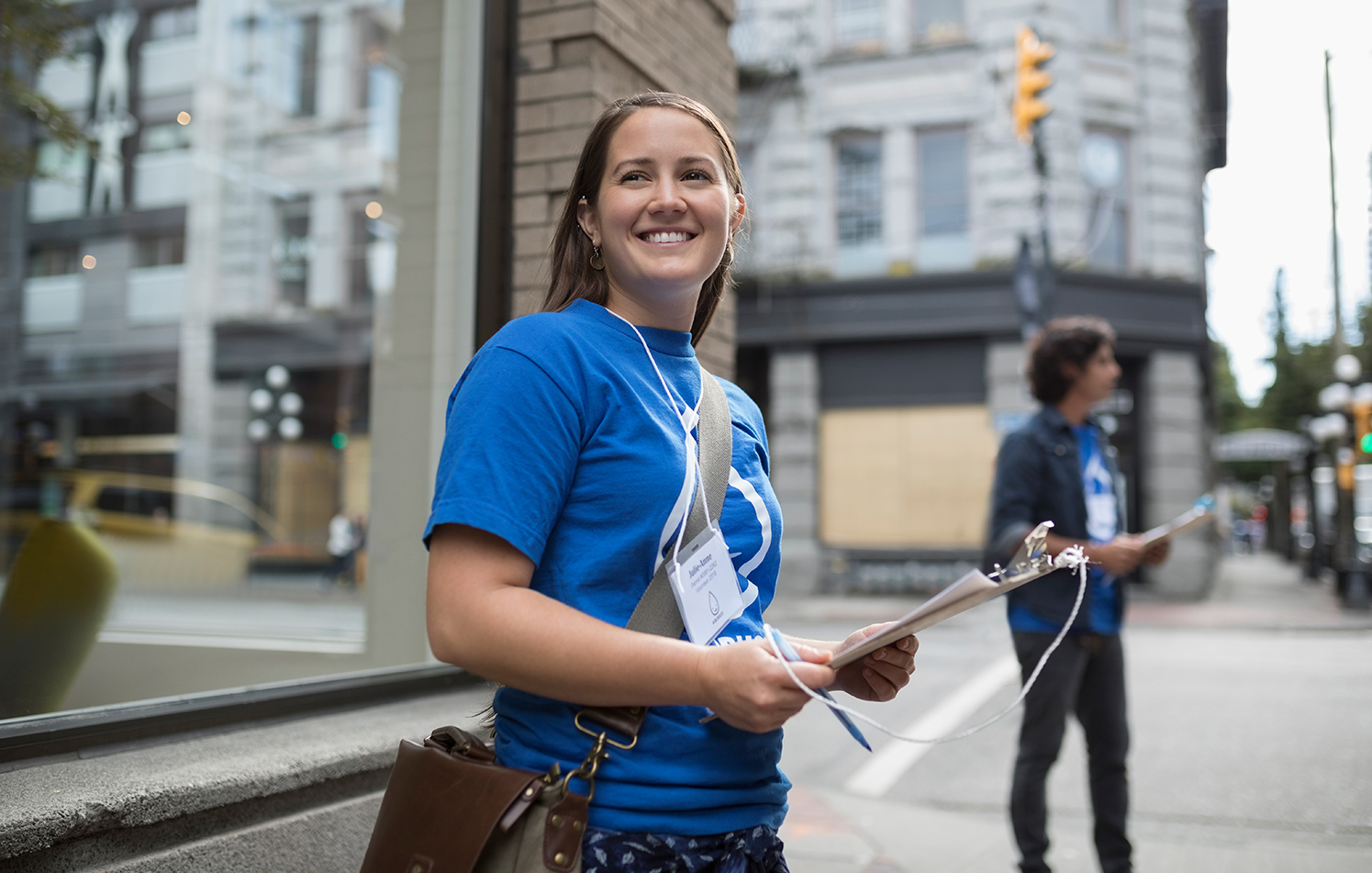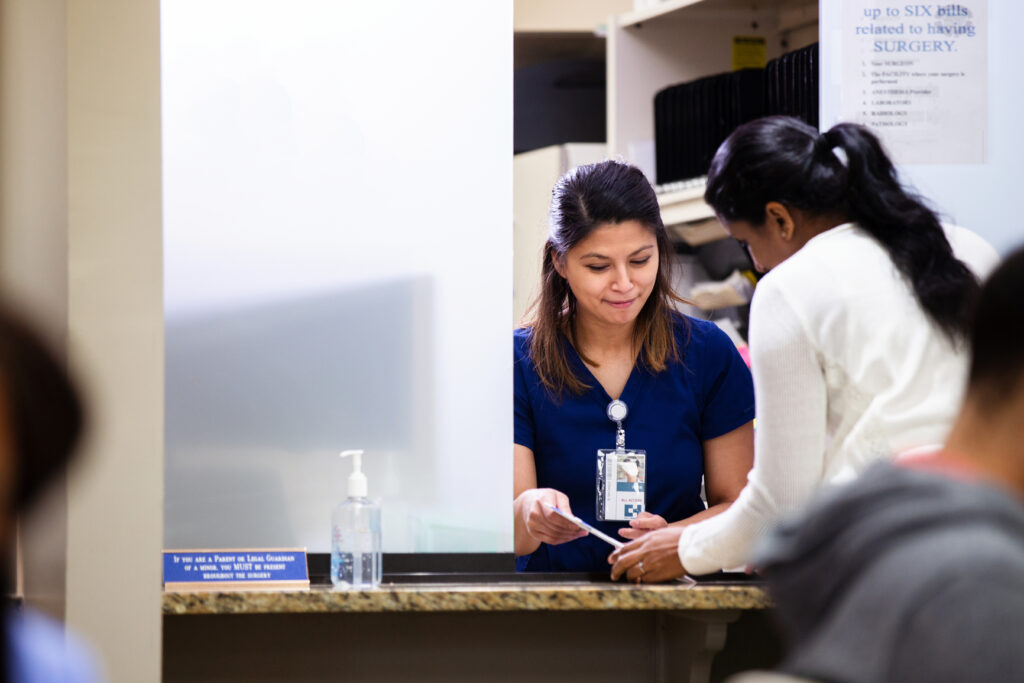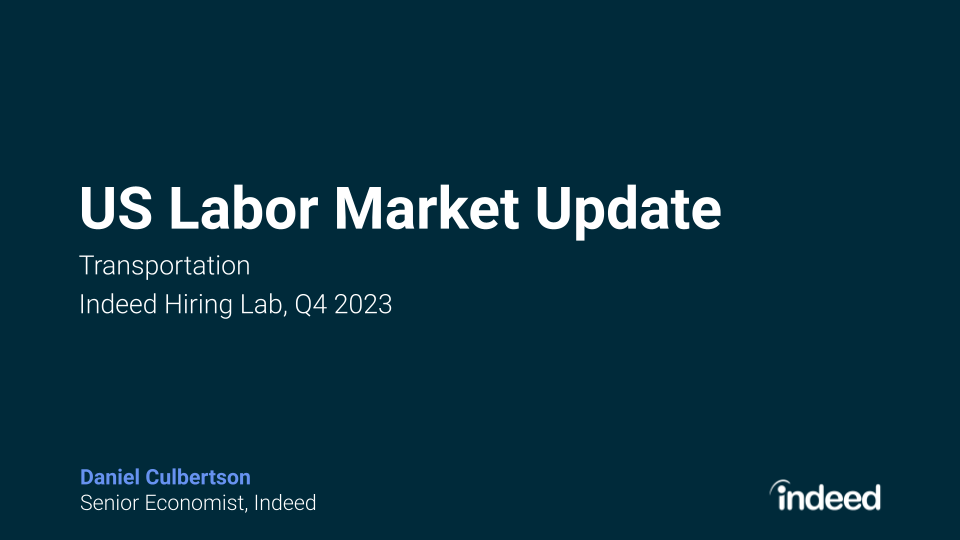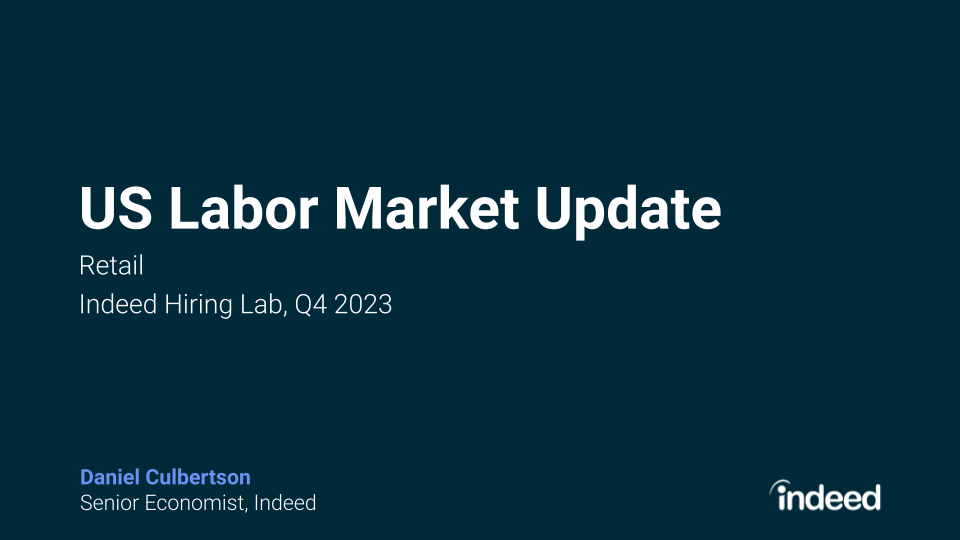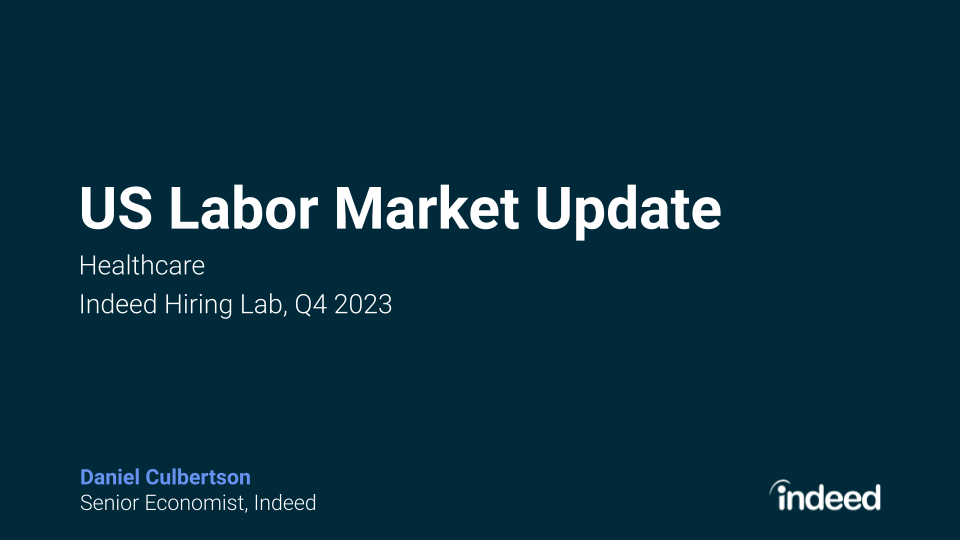The US midterm elections are approaching this November. The stakes are high: The Senate is narrowly divided, and some political observers think control of the House could flip. As more citizens begin to tune into a raucous election season, more and more job seekers are exploring political work. On Indeed, campaign-related job searches are rising, and in March hit a six-year high. (For sample size purposes, we combined searches pertaining to campaign jobs in general with searches for Democratic and Republican campaigns.)
In March 2018, job seekers who made political campaign-related job searches did so at a rate of 20.2 times per million total searches on Indeed. That is the highest point going back to June 2012. In April and May, campaign searches fell slightly to 19.7 and 17.9, respectively, but remain historically elevated (especially for a midterm election year).
Prior to March 2018, the peak search share occurred in February 2016—around the time of the first-in-the-nation Iowa caucus and New Hampshire primary—but the March 2018 level of job seeker interest is about 10% higher than that point. Looking back to the previous presidential election year, there was a sharp uptick in August 2012, around the Republican and Democratic presidential conventions.
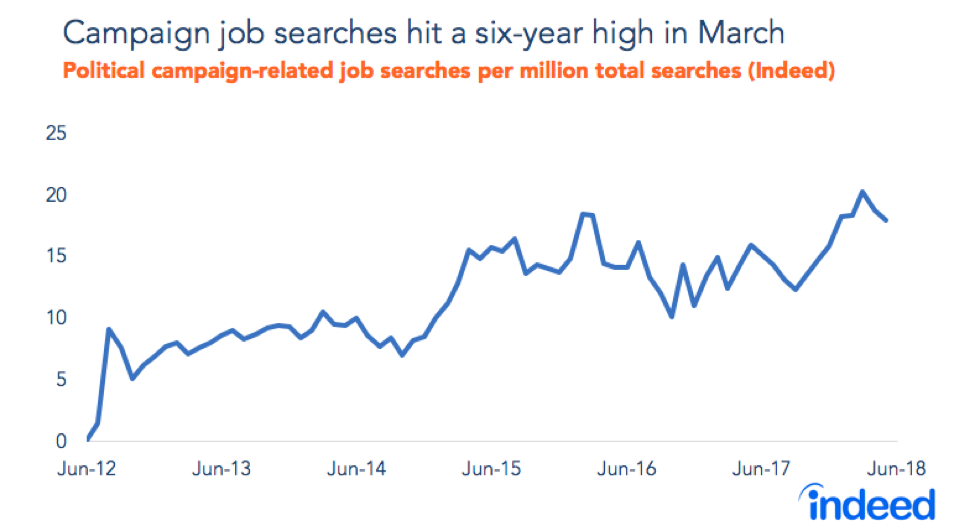
Perhaps this reflects higher voter engagement. If more citizens plan to vote in the upcoming election, then maybe more of them are considering channeling their political activism into actual campaign work. Younger voters, at least, seem to be more engaged; and younger people often hold the rank-and-file jobs—like field organizer—on campaigns. A recent poll from the Harvard Kennedy School’s Institute of Politics showed 37% of Americans under 30 were definitely planning to vote in the upcoming election, which is up from 23% who said the same in 2014. But it’s not just young people who are more engaged: 54% of Americans in a recent Washington Post poll said it was more important to vote in the upcoming midterms than in past years. So in addition to voting, it appears more people want to be part of the process by working on campaigns. It remains to be seen if this enthusiasm for campaign work translates in voter turnout.
